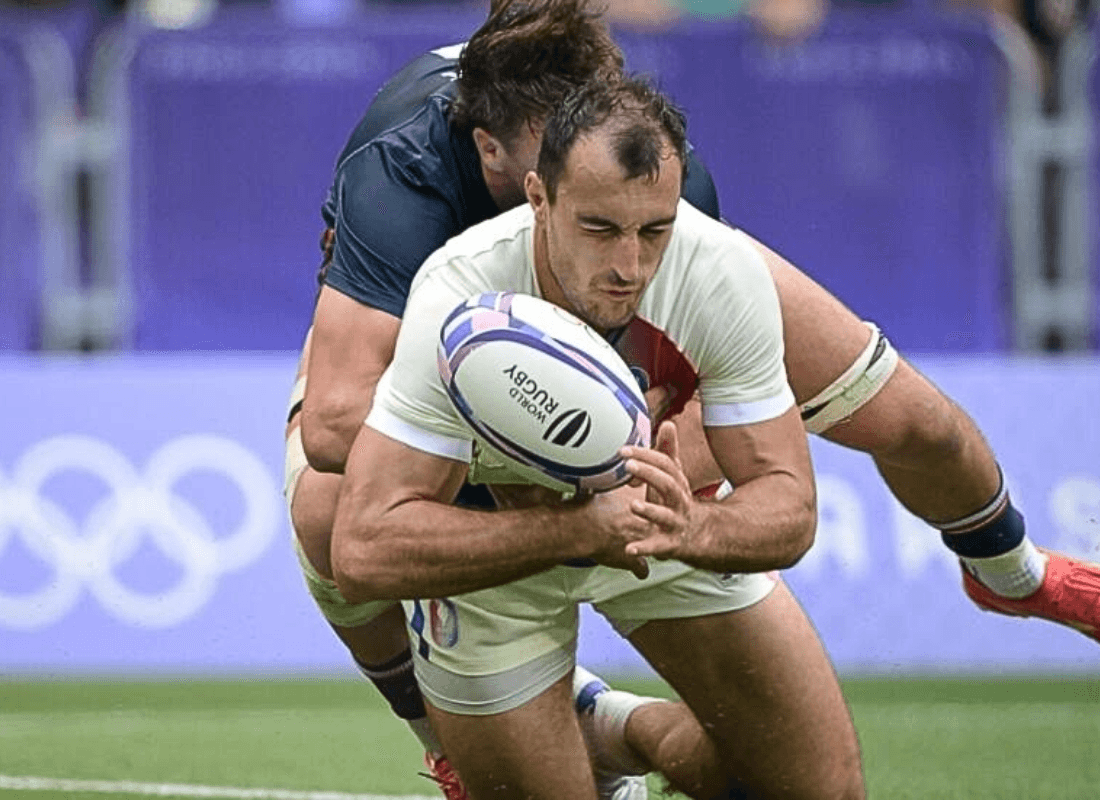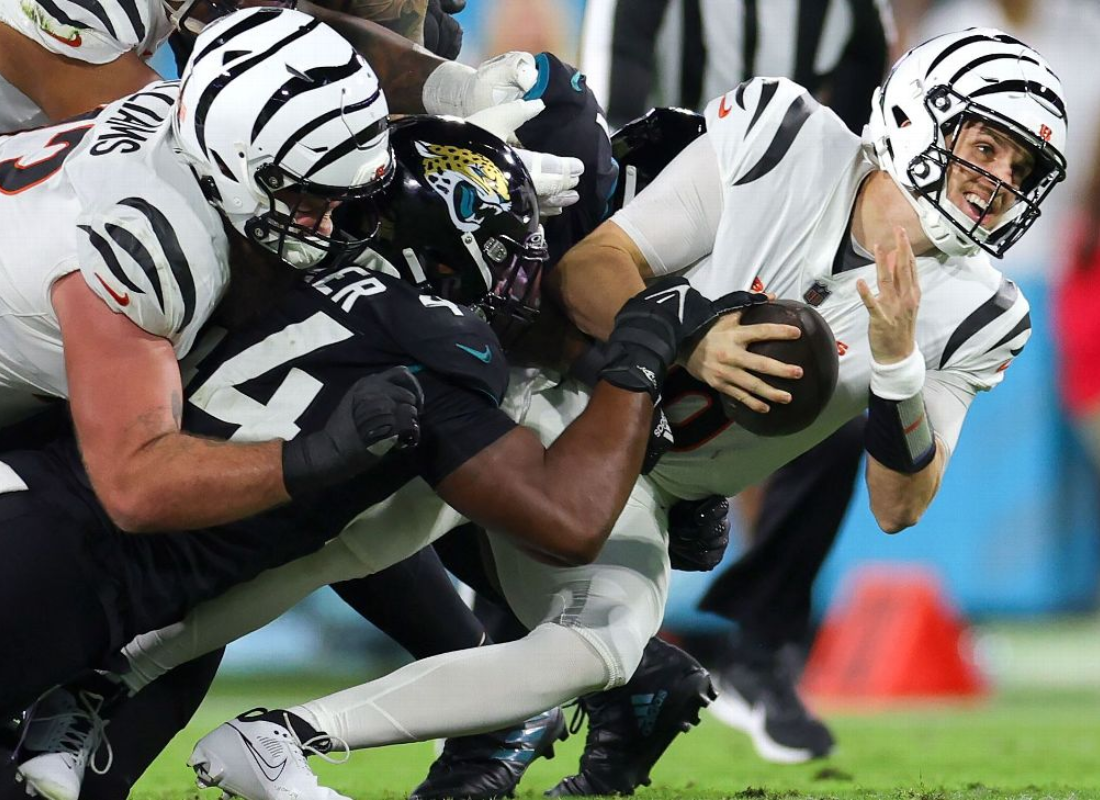The Paris 2024 Olympics Games begin on July 24 with the Rugby Sevens event. Here’s the report.
A lively crowd of friends has come together to witness the opening match of the competition. “It’s an international event, and we’re expecting a lot of energy. The kick-off is less than three hours away, and it’s something fans have been looking forward to for months,” says a mother with her family. “We woke up early, couldn’t wait, and were pacing around the house,” she adds.
Gold for France?
Antoine Dupont’s teammates will be playing at the Stade de France, where final preparations, including microphone tests and line markings, are being completed. Viewed from above, the stadium is set for the Games.
Outside, three Spaniards, each rooting for a different team, look forward to an exciting game. The French rugby sevens team is targeting gold on Saturday evening, creating an exciting kickoff for the Paris 2024 Olympic Games.
Although the fundamental rules of 15-a-side rugby can be adapted for 7-a-side rugby, there are distinctive features that make 7-a-side unique. As the Olympic tournament is set to commence on Wednesday, July 24, Top 14 referee Jérémy Rozier, who also officiates on the international 7s circuit, highlights these differences.
Here’s the full schedule of Olympics Paris 2024
Indeed, 7-a-side rugby has only seven players per side, matches are divided into two 7-minute halves instead of two 40-minute halves, and tournaments typically include two or three matches a day over two or three days.
But these are not the only differences between the two formats. Rozier, who will be officiating at the 2024 Olympics starting July 24, elaborates on how 7-a-side rugby is designed to maximize excitement and keep the play fast and dynamic.
The team that scores initiates play
In XV rugby, the team that allows a try is responsible for the restart, but in 7s rugby, the team that scores takes the kick-off. “This approach allows the team that conceded to organize itself and attempt to recover possession, as every chance with the open space can lead to a scoring opportunity,” says Jérémy Rozier. However, he notes, “For well-structured teams with strong aerial players, having the kick-off can also provide an advantage.”
Stricter refereeing and shorter time-outs
To encourage uninterrupted play and reduce time-outs, referees in 7s rugby enforce the rules more strictly than in XV rugby. “We have less time to manage the game and must move quickly,” says Jérémy Rozier. Tacklers who linger in a ruck are swiftly penalized. “This helps keep the game flowing, with quicker ball movement and fewer players crowding the rucks, unlike in XV rugby.
Yellow cards are issued for attempts to delay play after a foul or when the ball goes out of touch, leading to a 2-minute suspension. Moreover, when a penalty is given, the player must immediately release the ball and move back ten meters, allowing the team awarded the penalty to mount an attack.”
ALSO READ:
- Packers chose Josh Jacobs over Aaron Jones. Why?
- Jason Kelce Announces Retirement
- Scotland’s Historic Fourth Consecutive Calcutta Cup Win












